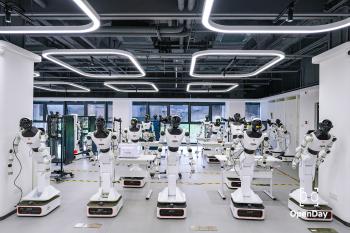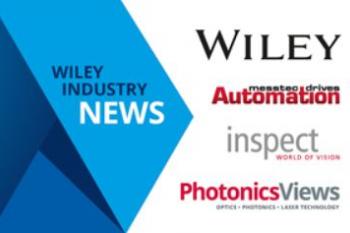Improving microscopy with optimized software
24.01.2023 - The Leibniz Institute of Photonic Technology IPHT was awarded $20,000 from the Chan Zuckerberg Initiative.
In the search for new knowledge, scientists – from biomedicine to materials science – rely on reliable and efficient tools for microscopic observation and detailed analysis of samples. Software solutions for image processing, such as the open-source software napari, support the control of microscopy workstations as well as the development of scientific data.
In order to unleash the full potential of such software tools for microscopy and imaging, Leibniz IPHT researchers are working on a new plugin. This is intended to bridge the gap between microscopy setups, the used acquisition devices of these setups and the Napari multidimensional image viewer software. “Our new plugin to be developed for Napari will provide an interface to further optimize microscopy image acquisition and processing. Almost every camera can be integrated into existing setups thanks to the plugin. The image data can then be recorded directly with the microscope acquisition device, viewed immediately in the imaging software, processed in real-time and the data analyzed while experiments are still in progress. Researchers thus gain complete control over the imaging parameters as well as their data at any time,“ explains Jacopo Abramo, PhD student in the biophysical imaging department at Leibniz IPHT, who together with his scientific colleague, Dr Francesco Reina, was able to secure the Chan Zuckerberg Initiative (CZI) Napari Plugin Foundations Grant.
With the development of the software-based add-on module for napari, the Jena scientists want to contribute to further improving the performance of modern imaging software through additional functionalities and to better solve microscopic tasks – from cell observation to particle tracking. “This will give researchers the opportunity to generate and analyze complex image data even faster and more intuitively. The open-source concept of the software as well as the plugins also makes microscopy accessible to everyone and enables advances in bioanalytical diagnostics to be achieved even without high-end software solutions,“ says Jacopo Abramo.
Department head Prof Dr Christian Eggeling adds: “With CZI, we share the common goal of not only deciphering the development and treatment of diseases, but also being able to prevent them in the future and thus contribute to a better quality of life for patients. By exploring new effective observation methods and procedures to uncover a deeper understanding of cell biological relationships and processes, we can – in combination with smart software solutions – achieve important steps in this direction.”
Contact
Leibniz-Institut für Photonische Technologien e.V.
Albert-Einstein-Str. 9
07745 Jena
Germany
+49 3641 206-00
+49 3641 206-099







